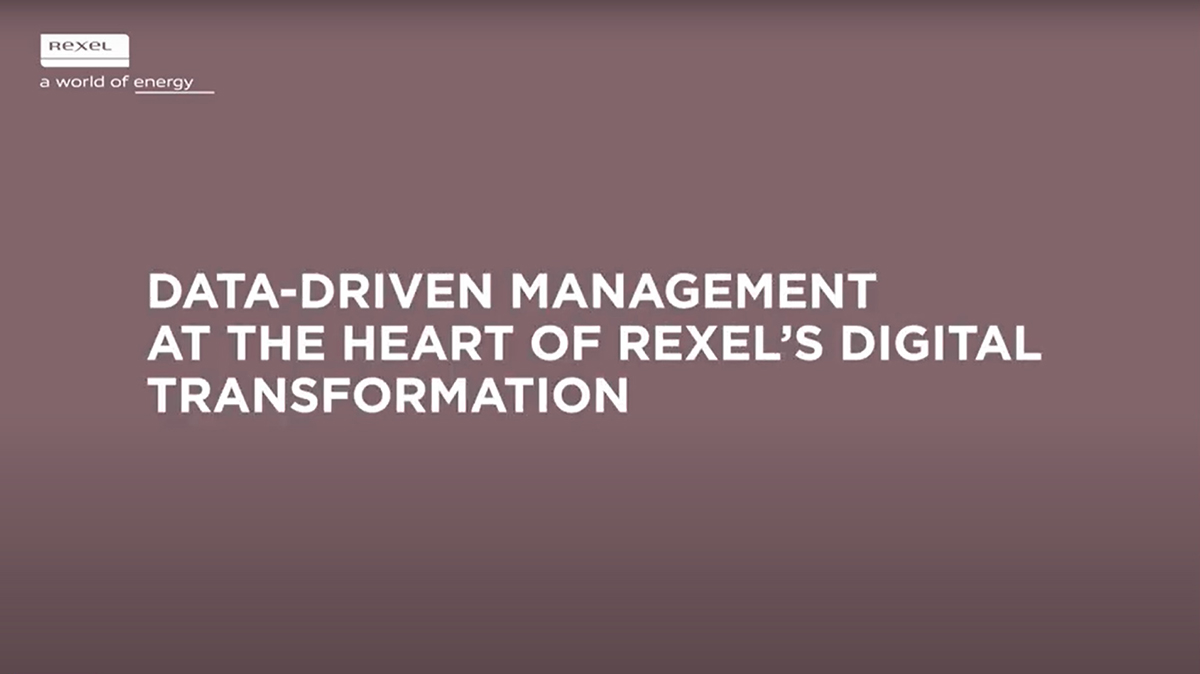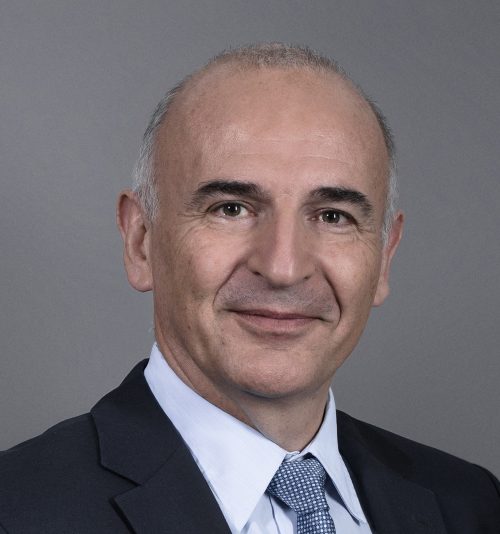“Perform & Transform”:
from strategy to action
-
The year 2019 marked a major milestone in the speeding of Rexel’s business model changes. Significant progress was made in the two complementary facets of its strategic roadmap as defined in 2017: “Perform & Transform”.
The Group’s performance in 2019 was strong, with another year of profitable growth and solid financial results despite a difficult and more volatile environment than anticipated. Regardless of a less favorable environment in the second quarter, as exemplified by sales in the industrial sector, which dropped in several countries, Rexel met its annual objectives. This success stems from the Group’s decision to refocus on its core business, on improving its customer services offering, and on cost management. -
This performance would not have been possible without the progress made in the second facet of the strategy. In order to provide an adequate response to the profound changes in its industry, Rexel successfully shifted its business model from that of a classic distributor, a simple logistics coordinator, to that of a provider of personalized solutions and high value-added services, relying more and more each day on the use of digital technology and data analysis.
The relevance and the efficiency of the roadmap were confirmed by the results obtained in 2019, but also by the drivers of resilience that this strategy provided the Group in facing the Covid-19 crisis.

 Autostore: an automated product storage and pick-up solution.
Autostore: an automated product storage and pick-up solution.
An increased profitability
Rexel’s profitability continues to increase thanks to a higher gross margin achieved through the systematic application of cost initiatives, supplier relationship management, and strict baseline cost management, while reducing overhead and improving productivity.
-
Million euros
adjusted EBITA margin
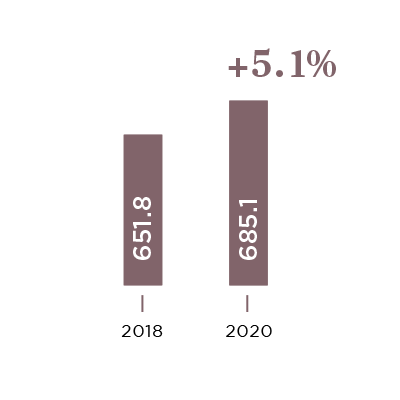
-
Million euros
recurring net income
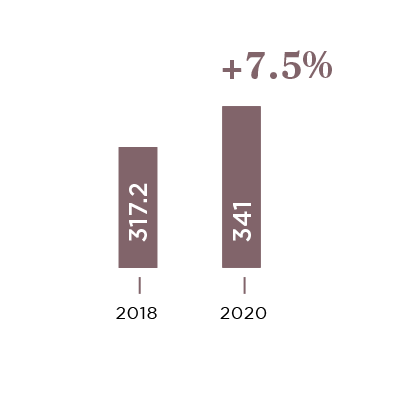
+36bps
Focus on organic growth
-
In line with the strategic roadmap objectives, organic growth has now been clearly established as the primary growth driver of the Group’s sales. It is based on the approach “More Customers, More SKUs, More Digital”. 2019 represents the third consecutive year of organic growth, a first since 2008.
-
Sales grew organically by more than one billion euros from 2017 to 2019, which is the equivalent of Rexel’s entire business in Canada. In 2019, sales grew by 1.4% on a constant and same-day basis, or by more than 2.4% restated from branch closures in Germany and Spain.
More than €1bn in organic growth between 2017 and 2019
-
 +€582bn
+€582bn -
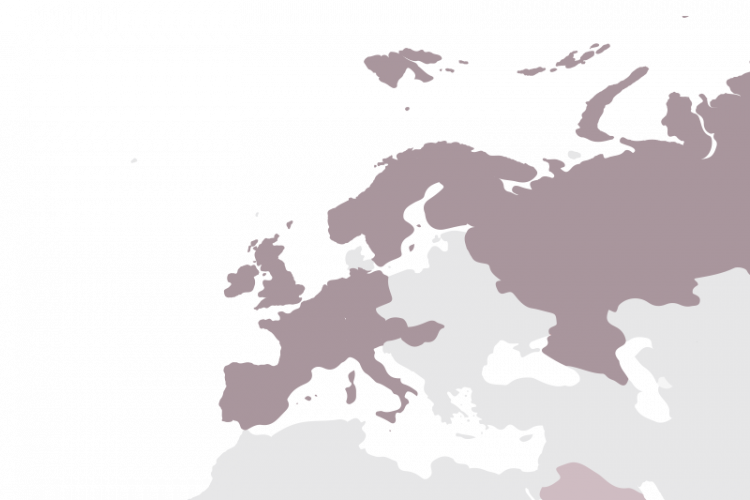 +€350bn
+€350bn -
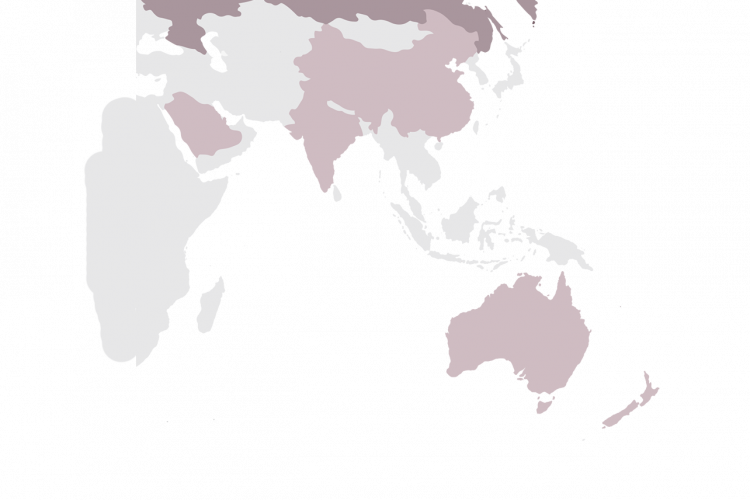 +€116bn
+€116bn
Improved operational performance
Since 2017, the Group has undergone in-depth transformations in key countries with the intention to improve profitability, especially in the United States, the United Kingdom, and Spain. In the United States, Rexel changed its organization in early 2018 from a national banner-based approach to a regional multi-banner approach focusing on eight key regions (Northwest, Northeast, Midwest, Southeast, Florida, Gulf Central, Mountain Plains, and California).
The prioritization of service quality, in particular by the opening of branches/counters (62 in 2017-2019), and the improvement of inventory management to ensure better product availability resulted in 14 branch openings in 2019 (3 in France, 9 in the U.S. and 2 in New Zealand).
Selective capital allocation
In 2019, the Group also strengthened its financial structure and increased its agility by improving its debt ratio by 20 basis points and reducing its debt by nearly 69 million euros.
In 2020, the Group continued its strategy of refocusing on its core business with the sale of its Gexpro Services subsidiary in the United States in February. Specialized in the provision of customized integrated solutions, Gexpro Services was acquired in 2006 and operated primarily in the United States.
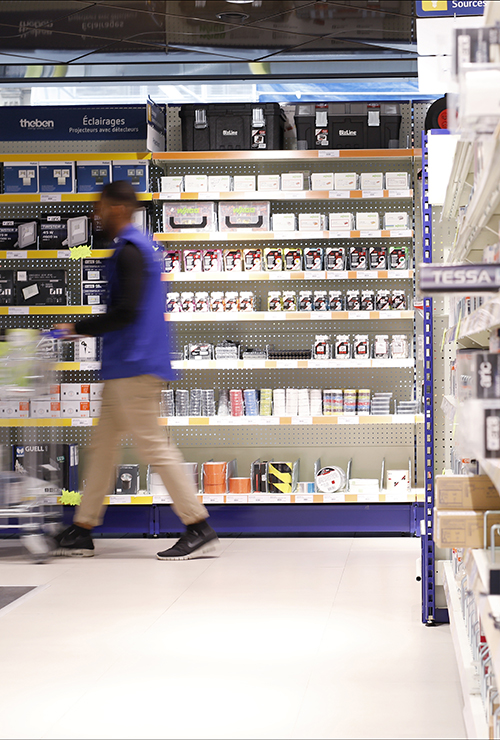 Paris 15th district Rexel branch.
Paris 15th district Rexel branch.
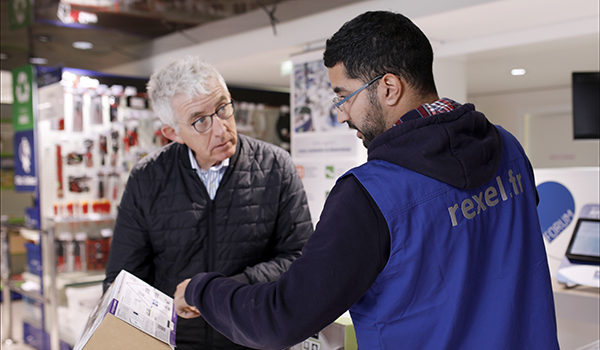
High value-added services
-
The shift from a classic distributor business model to that of a provider of personalized value-added services and solutions lies at the heart of the Group’s transformation.
This can be seen in the implementation of a customized value propositions that reflects customer needs: a “Proximity” range based on greater presence through high branch/counter coverage, with a systematic omnichannel approach and the continual improvement of services; a “Projects” range based on an offering of specific solutions and products supported by a catalogue of services aimed at industrial or commercial projects; and a “Specialty” range, via the ability to guide and satisfy clients with highly specific needs through distinctive products and solutions. -
Today, Rexel’s offering focuses on products and services with high added value for its customers. With respect to them, this priority results in digital services, software solutions, and new proposals regarding growth markets with rapidly developing innovations (smart devices, renewable energies, building automation, electric vehicles, Industry 4.0, BIM, etc.).
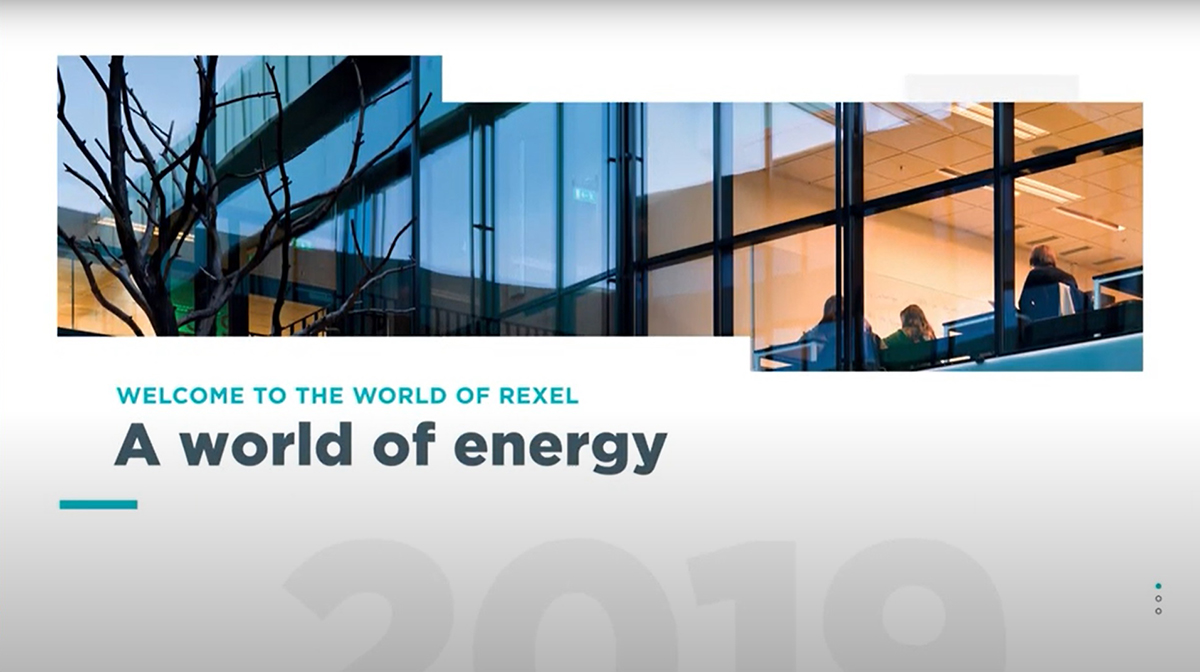
A digital shift
well underway
-
The shifting of the Group’s business model to a data-driven company is well underway and the investments made these past three years have borne fruit. The digital transformation is now taking place at every level of the company.
The automation of procedures and the implementation of artificial intelligence solutions have improved internal performance. The E-mail to EDI solution, implemented in six countries and automating the equivalent of 73,000 customer orders, has helped reduce human error and enabled the reassignment of employees to sales activities. To improve its sales performance, the Group has two digital hubs, one in France and one in the United States, where around 150 experts develop artificial intelligence tools and predictive models. -
At the same time, the fluidity and richness of the customer experience have greatly improved. The omnichannel approach is a reality, with online sales (webshops and EDI) now representing 2.4 billion euros, i.e. around 18% of total sales in 2019, up 12.9% vs. the previous year. Digital services, in particular the widespread use of Track & Trace, which now covers 70% of orders in Europe, also contribute to customer loyalty. Another example is Esabora, the software developed by Rexel, which enables installers to model buildings and position electrical installations, create quotes, and manage orders.
Finally, the expansion of a dedicated data analysis offering allows every supplier who signs up to receive precise data about their market positioning, omnichannel offering, and digital conversion rate by product category.
